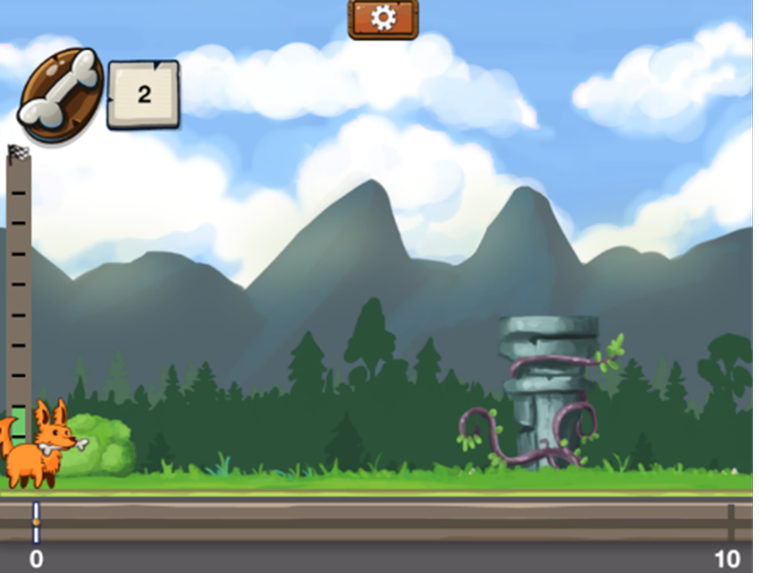We are excited to share our latest study, recently published in Mind, Brain, and Education. In this research, we explored how game elements influence mathematical tasks for children with dyscalculia, dyslexia, or both.
What’s it about?
Children with dyscalculia face challenges not only with basic mathematical skills but also with non-cognitive factors like low self-efficacy and high math anxiety. These issues can significantly impact their math performance and lead to avoiding math altogether. Game elements might offer a solution here.
What did we find?
In our study, 60 children completed a math task in three different formats:
(i) A digital version with game elements; (ii) A digital version without game elements; (iii) A traditional paper-and-pencil version
The results showed that game elements did not negatively impact performance, meaning there was no cognitive overload.
Most importantly: The children believed they performed best in the game version (i.e., higher mastery experience) and strongly preferred this version. In other words, they felt most confident when game elements were present.
Why does this matter?
Our findings suggest that game elements can help reduce negative feelings toward mathematics. They may foster self-efficacy and enhance motivation—two critical factors for long-term success in math.
What does this mean in practice?
This study highlights the potential of playful approaches to support children with learning difficulties. By focusing on creating positive experiences, we may help these children develop a more constructive relationship with mathematics.
Here the link to the full study: https://onlinelibrary.wiley.com/doi/10.1111/mbe.70016
